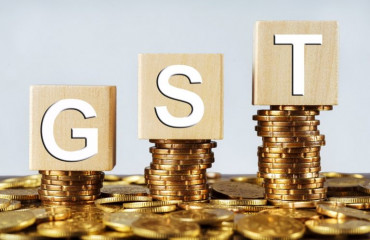
Prime Minister Modi announced next-generation GST reforms aimed at reducing the tax burden, with potential implementation by Diwali 2025
GST reforms: In a bid to reduce tax burden across the nation, Prime Minister Narendra Modi declared 'next-generation GST reforms' during his Independence Day speech on Friday. Modi hinted that GST reforms may be implemented by Diwali 2025. People aware of the developments on the GST front, said on the condition of anonymity, that goods falling under the 12% GST slab may come under the 5% GST slab, while goods falling under the 28% GST slab may come under the 18% GST slab. However, they said there would be an additional 40% GST slab for goods falling under the category of sin, which includes tobacco products like cigarettes and beer. Since GST is a consumption-oriented tax, the ultimate beneficiary of the next generation GST reforms would be the consumer, who will pay less due to the lower GST.
What will become cheaper?
According to these people, the GST reforms will make everyday essentials significantly more affordable — from groceries and medicines to televisions and washing machines. Agricultural equipment, bicycles, and even insurance and education services are set to become cheaper, delivering direct relief to households and farmers while boosting consumption across the economy.
They said there would be just three GST slabs — 5%, 18%, and 40%. Around 99% of the goods falling under the 12% GST slab would fall into the 5% GST slab, while the same number of goods falling under the 28% GST slab would fall under the 18% GST slab.
Items currently taxed at 12% — including condensed milk, dried fruits, frozen vegetables, sausages, pasta, jams, namkeens including bhujiya, tooth powder, feeding bottles, carpets, umbrellas, bicycles, utensils, furniture, pencils, handbags made of jute or cotton, and footwear under ₹1,000 — could see rates drop to 5%.
GST reforms in India
The Central Government has forwarded its proposals to the Group of Ministers examining GST rationalisation. This group will place recommendations before the GST Council, the apex federal body on indirect taxation comprising finance ministers from all states and chaired by Union finance minister Nirmala Sitharaman. The council is empowered to accept the proposal, with or without modification, or reject it.
"We have discussed with states and we are bringing next-generation GST reforms that will reduce the tax burden across the country," Modi said during his Independence Day speech on Friday, adding, "This Diwali, I am going to make it a double Diwali for you. This Diwali, you fellow countrymen will get a tremendous gift."
